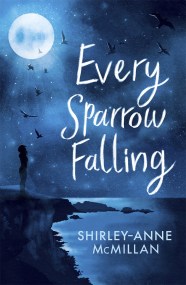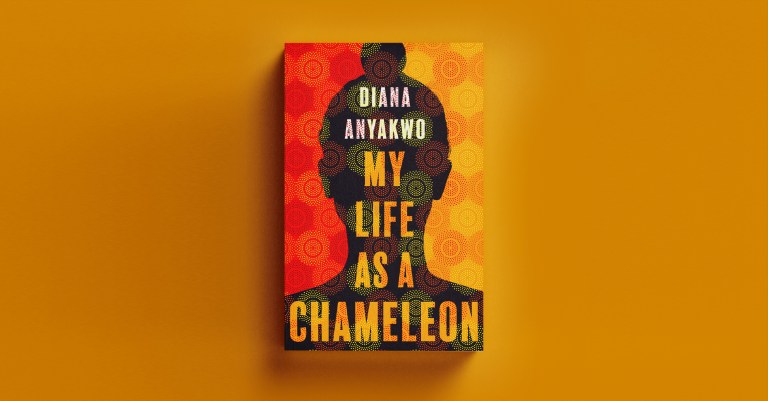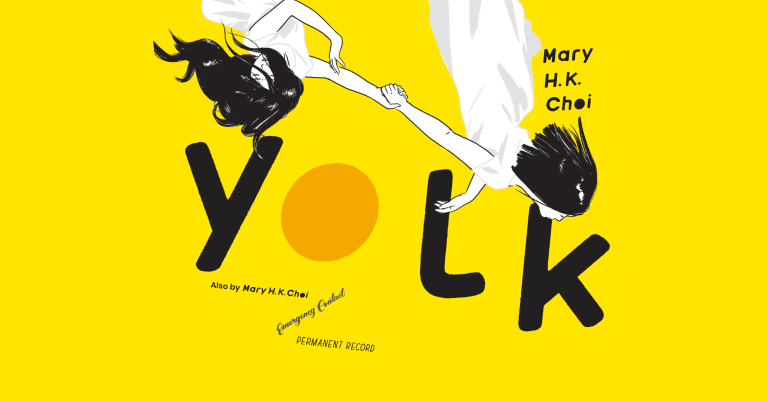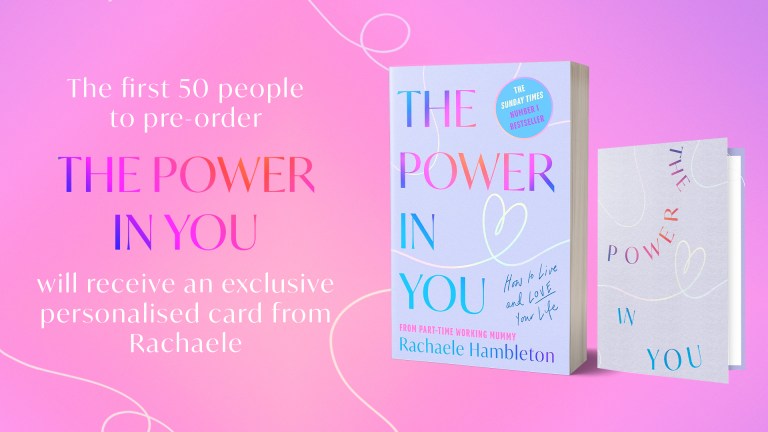A note on Every Sparrow Falling by Shirley-Anne McMillan
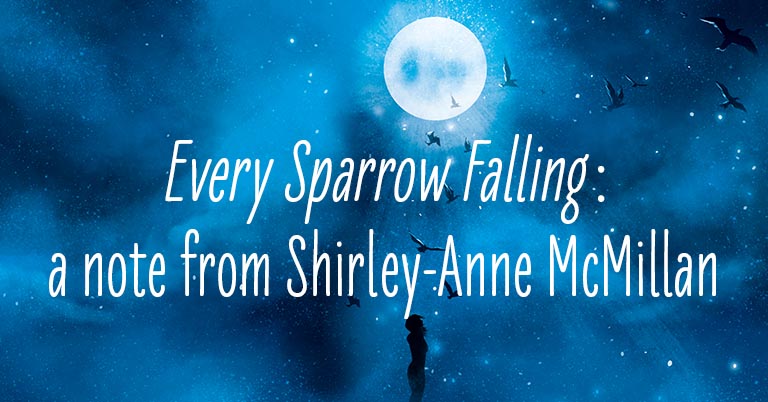
As Pride month draws to a close and with London Pride on the horizon this week, it seemed only right to celebrate an author who is always humble about the LGBTQ campaigning she does and has made fantastic contributions towards the representation of LQBTQ characters in YA writing. Shirley-Anne is in touch with the issues of young people in Northern Ireland and brings this knowledge to her fiction. Shirley-Anne McMillan’s upcoming novel Every Sparrow Falling is a heartbreaking exploration of how to trust when you’ve been let down before.
‘Ballybaile is a fictional town on the north coast of Ireland. As with a lot of my stories, there is a mixture of real places and entirely fictional places in Every Sparrow Falling. Mussenden Temple is real, as are the cliffs, and the Albert Clock in Belfast. But Ballybaile, its people and its church are all fictional. That is not to say that there isn’t some truth in the events that take place there.
I have several friends in NI who, when they told their churches that they were gay or transgender, were offered ‘reparative therapy’ – a pseudoscientific practice which attempts to change someone’s sexual orientation or gender, often with deeply damaging results. In Every Sparrow Falling I wanted to include a character who felt, as my friends did, torn between faith in God and the feeling that their sexual orientation was problematic in light of that faith.
Of course times are changing in NI. LGBTQ visibility is increasing. We have more politicians than ever who want to work for LGBTQ rights. Our Pride marches are huge. We have excellent support and advocacy organisations and brilliant queer artists, musicians, playwrights, novelists and poets. Schools are beginning to think about how best to support LGBTQ students and young people are in the middle of all of these things, challenging our culture, and making it better all the time.
However, as we work towards being a country that young people want to stay in, I did not want to forget those who still feel shamed by their communities and their churches. We all bear a responsibility to turn a light onto the dark corners of this place. There is still work to do.
If you are an LGBTQ young person who has been affected by any of the issues in this book, please contact any of the following organisations who will listen to you without judgement and may be able to help: www.cara-friend.org.uk; www.transgenderni.org.uk; www.rainbow-project.org.
If you want to support LGBTQ young people in Northern Ireland then please spread the word about these amazing organisations and, if you can, consider donating. As someone who has worked with LGBTQ young people for several years I know first-hand the positive impact they have had on the lives of young people here. They offer practical support, and hope.
If you are a Christian who is looking for a church which affirms LGBTQ lives, here are some places you can look online and on social media for more information: All Soul’s Church, Belfast (Non-Subscribing Presbyterian); St George’s, Belfast (Anglican); Spectrum LGBT Christian Fellowship, Belfast; Harbour Faith Community, Carrick; the Corrymeela Community (NI); Quest (LGBT Catholic group); Inclusive Church; Diverse Church.
This is not an exhaustive list. The number of groups which support LGBTQ Christians is growing. You might find that leaving the church altogether is the right thing for your mental health, but if not please know that you do not need to choose between God and your sexual orientation or gender. You’re good the way you are, and there are places, in real life and online, where people celebrate diversity and where you can find support without being asked to change who you are.
A note for straight/cisgender young people
Here are some ways that you can support your LGBTQ friends:
- – Challenge homophobia and transphobia in your school. Let other people know that you’re not cool with homophobic or transphobic jokes. Don’t make those jokes yourself.
- – Support your LGBTQ friends when they talk about their experiences or when they organise events or meetings. Ask them how you can best support them.
- – Listen to your LGBTQ friends. If they say something is hurtful then take it on board. If they just need to talk then be the trustworthy friend who will listen and help.
- – Go with your LGBTQ friends if they have an appointment they’re nervous about, or if they need to come out to someone and they want some moral support.
- – Essentially, being a good ally is about listening and supporting. It’s about doing what you know is the right thing, even if nobody’s watching (people are always watching, though). You won’t always get it completely right, but all relationships are about learning the best ways to help one another and ourselves, so keep going. We all need one another.’
'Be nice to the majority of people and they won't bother you much. Don't get too involved. Have a laugh but keep your distance.'
These are the words 16-year-old Cariad lives by. She's just been placed in yet another foster home, this time with an elderly Christian couple in a small town off the coast of Northern Ireland.
Cariad knows how to play this game. She'll toe the line just enough that her new foster parents don't ask what she gets up to when the sun goes down, just enough that they leave her alone. It's easier that way.
But when a boy at school disappears - presumed dead - and no one seems to care, it really bothers her. Then one night out walking on the clifftops, she sees him and he asks her to keep his secret.
Don't get too involved. Have a laugh but keep your distance. These are the words Cariad has lived by . . . until now.

